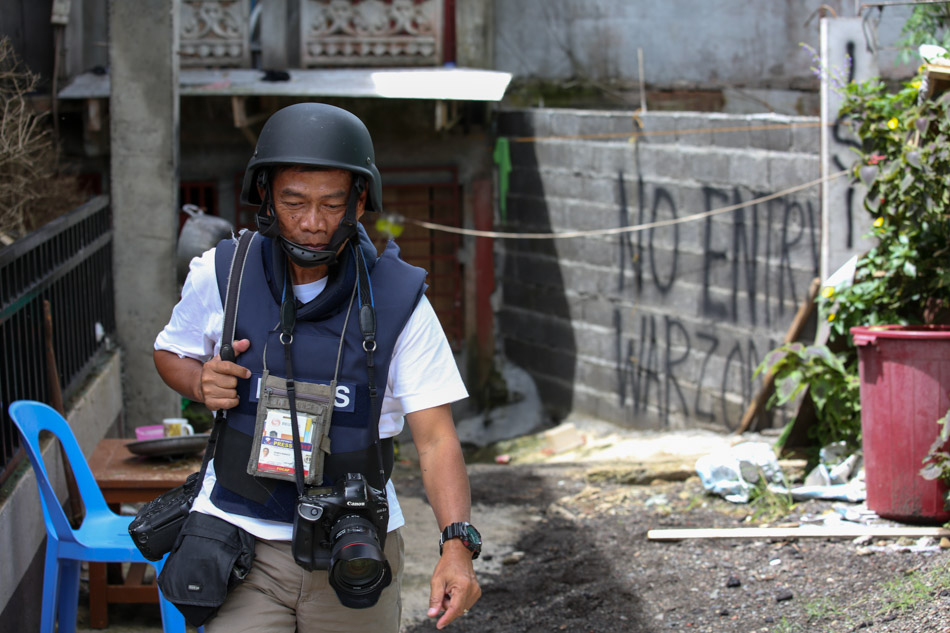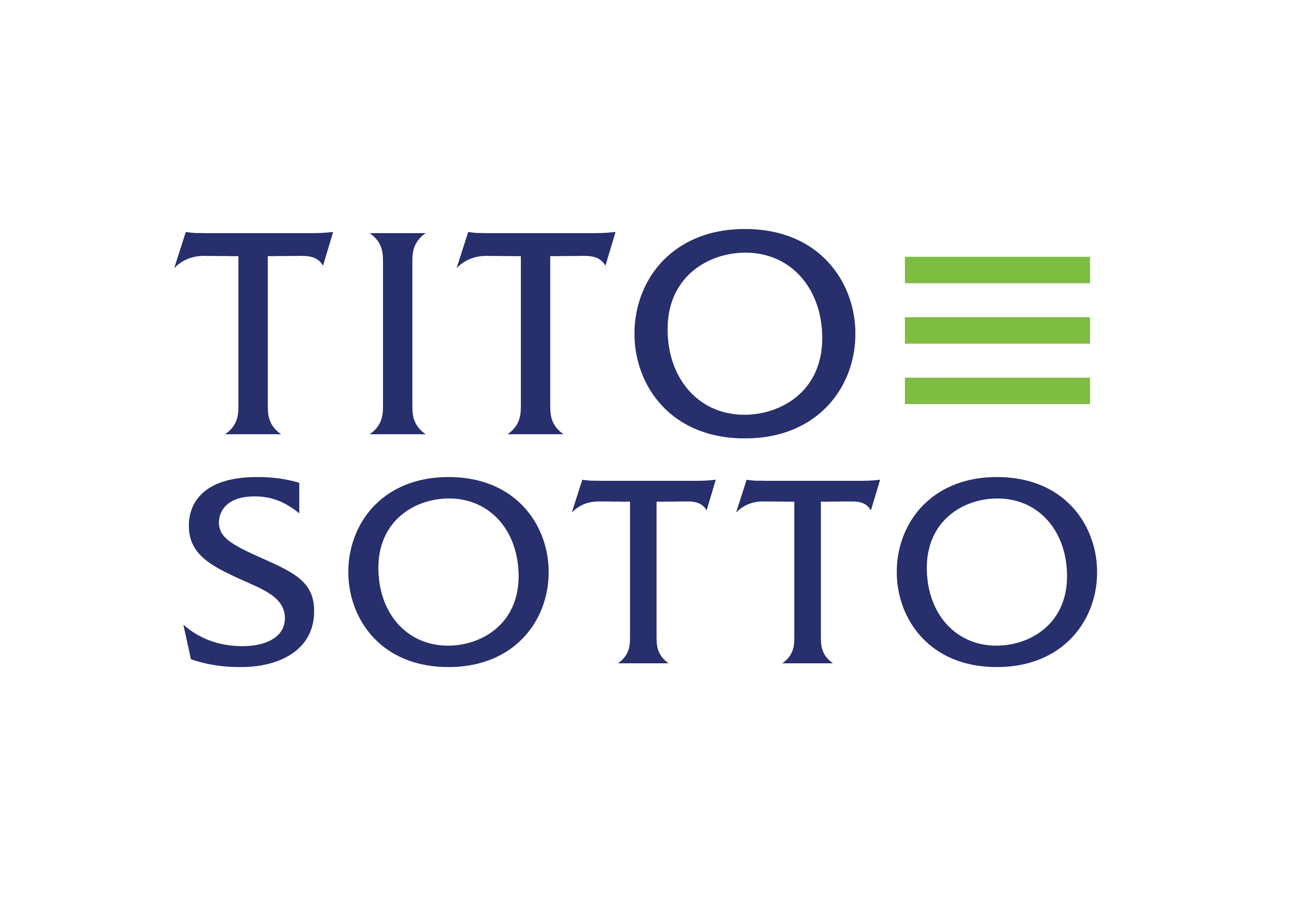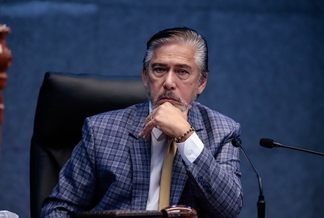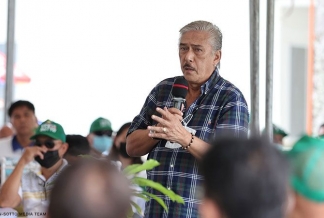
Sotto pushes for enhanced protection and more employee benefits for media workers
September 22, 2020 06:20 PM
Photo taken from news.abs-cbn by Fernando G. Sepe, Jr.
Senate President Vicente Sotto III has filed a bill that aims to improve media workers' employee benefits including regularization, overtime pay, and more.
“Media workers have sacrificed a lot in the name of public service. They spend more time with their microphones and cameras, recorders and laptops than their beds, their fur babies, and their loved ones."
“Media workers often risk their lives in order to deliver news to the public,” Senate President Tito Sotto stated in the Media Workers Welfare Act. Often unsung and modern-day heroes, some media workers are forced to place their lives in dangerous circumstances and environments just to acquire important information to keep the public up-to-date.
Recognizing the plight of many media workers—especially now, during the COVID-19 pandemic—Sotto said, “[They] have sacrificed a lot in the name of public service. They spend more time with their microphones and cameras, recorders and laptops than their beds, their fur babies, and their loved ones."
Unfortunately, according to Senator Sotto, media workers are not all provided with the same benefits and perks enjoyed by others in the labor force working in the government and private sectors. This Act aims to provide them their much-deserved, and long-overdue employee benefits. Furthermore, this Act ensures the creation of a safe and protected work atmosphere for all media workers.
Who are the “media workers”?
Individuals engaged in news media practice whether they are regular or project-based employees, or independent contractors among others, are considered media workers. Moreover, media entities are persons that actively gather information of potential interest to the public—this includes media networks and media operators as well.
What will this Act provide?
-
Minimum compensation
- To ensure media workers are properly compensated, entry-level positions shall already receive the minimum monthly wage.
-
Security of tenure or regularization
- A media worker will be considered a regular employee after six months of continuous employment, regardless of the nature of employment. This means they cannot be dismissed without just or authorized cause.
-
Hazard pay
- Media workers required to physically report for work in dangerous areas (strife-torn areas, distressed or isolation locations, disease-infected areas, or any other place declared under a state of calamity or emergency) will be compensated with hazard pay not less than P500 per day. Their employers are also required to provide the media workers with basic safety gear and equipment such as bulletproof vests, helmets, first-aid kits, and the like.
-
Overtime work and night shift differential pay
- Any media worker required to render service beyond eight hours, or between 10 p.m. to 6 a.m. will be paid additional compensation.
-
Mandatory additional insurance benefits
- In addition to their existing insurance benefits, media workers will be entitled to a death benefit of P200,000 (for each media worker who may perish in the line of duty), a disability benefit up to P200,000 (for each media worker who may suffer total or partial disability from an injury sustained in the line of duty), and reimbursement of medical expenses up to P100,000 (for each media worker hospitalized for injuries sustained while in the line of duty).
-
Equal access to Public Information Fund
- Media entities will have access to the said funds given that they present proof of full payment of all relevant local and national taxes, permits, fees, and licenses. All information surrounding the distribution of the Public Information Fund must be made available to the public.
Senator Sotto said the Department of Labor and Employment (DOLE) will be responsible for monitoring the compliance of this Act.



